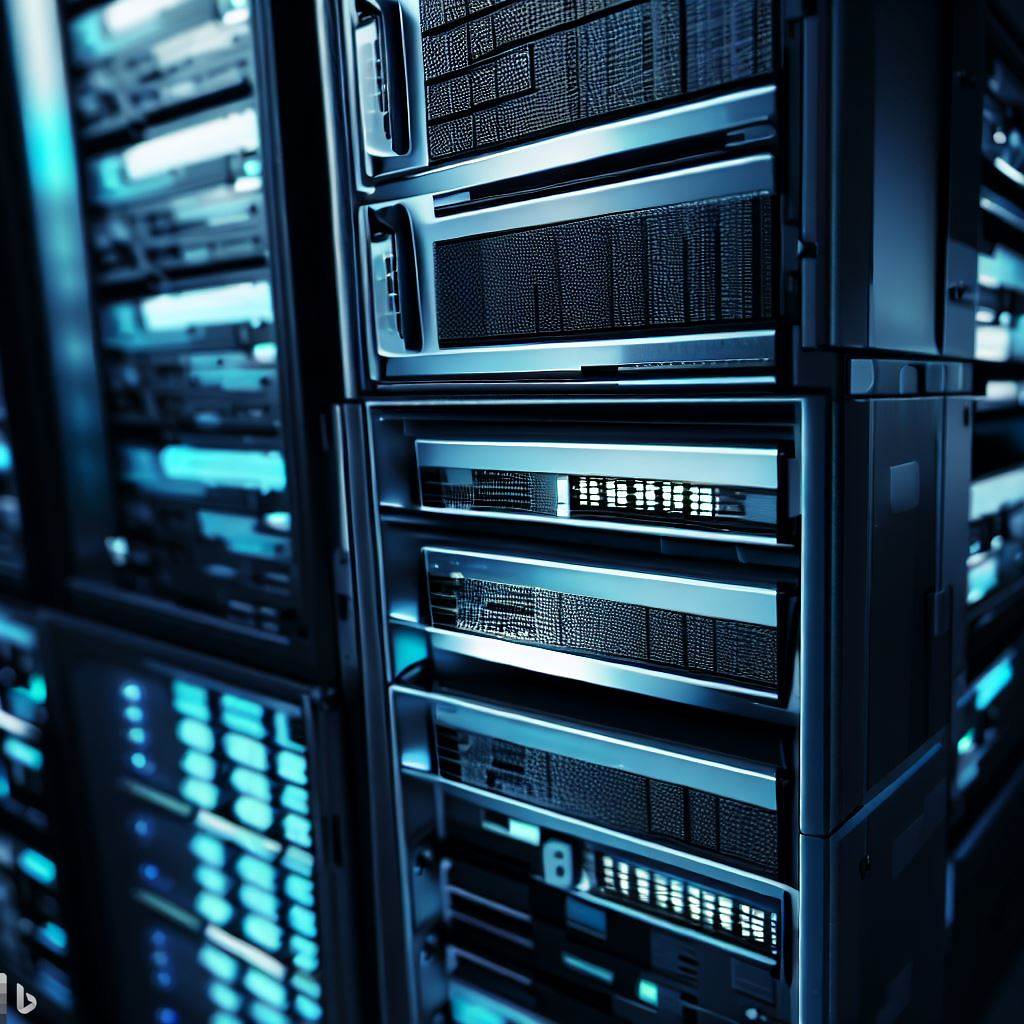
A data center is a building created to host computer systems and related parts, like storage and telecommunications gear. Large amounts of data can be stored, processed, managed, and distributed centrally by organizations using data centers. As data centers allow them to access their data and applications from anywhere in the world, they are essential for companies and organizations that depend on technology to run their operations.
Data centers come in a variety of shapes, sizes, and functions. Some are tiny, one-room operations created to support a neighborhood company or organization, while others are enormous buildings that can accommodate millions of users while taking up an entire city block.
To assure their availability and continuous operation, they frequently have redundant cooling systems, power sources, and network connections. A data center may be owned and run by the businesses that utilize it, or it may be controlled by a third party that rents out space to numerous tenants.
Modern computing infrastructure is not complete without data centers because they offer a safe and dependable setting for storing and processing data. They contain a variety of machinery, including servers, storage units, networking equipment, and other vital parts that support the delivery of digital services.
Data centers are frequently built with features like access control systems, video surveillance, fire suppression systems, and backup power sources in order to be extremely secure and dependable. They also have sophisticated cooling systems to keep the equipment inside at the right temperature because too much heat can harm the hardware and impair performance.
Data centers are subject to tight laws and standards intended to guarantee that they are safe, dependable, and resilient because of their crucial role to modern company operations. In addition to government regulations like the General Data Protection Regulation (GDPR) of the European Union and the Health Insurance Portability and Accountability Act (HIPAA) of the United States, these regulations also include industry standards like the Tier Classification System of the Uptime Institute and the Data Centre Standards of the Telecommunications Industry Association.
What are some data center technologies?
The specific technologies used in data centers might vary depending on the demands of the organization and the kinds of applications and services being offered. There are many different sorts of technologies that can be utilized in data centers. Typical technologies used in data centers include:
- A single physical server can host numerous virtual servers thanks to virtualization technology, which can save hardware costs and increase server utilization.
- Storage Area Networks (SANs): SANs are specialized high-speed networks that give storage devices block-level access, allowing businesses to store a lot of data in one place.
- Cloud computing: Rather than maintaining their own physical infrastructure, cloud computing enables organizations to access computing resources on-demand over the internet.
- Content delivery networks (CDNs): CDNs make content available to users from a number of servers, lowering latency and enhancing performance for consumers in various areas.
- Network function virtualization (NFV): By allowing network services to be virtualized and run on common hardware, NFV increases agility while lowering costs.
- High-Performance Computing (HPC): HPC uses specialized hardware and software to carry out challenging computer tasks, such as data processing and scientific simulations.
- Internet of Things (IoT): By linking hardware like sensors and devices to the internet, IoT enables businesses to gather and analyze massive volumes of data from many sources.
These are only a few of the numerous diverse technologies that are applied in data centers. The needs, finances, and infrastructure of the organization, as well as other factors, all play a role in selecting the appropriate technology for a data center
In conclusion, data center technologies are essential to the development of the contemporary computing environment. They make it possible for businesses to securely and dependably store, process, and transmit massive volumes of data and applications.
There are many different technologies available to assist organizations in achieving their objectives and remaining competitive in today’s fast-paced digital economy, from virtualization and cloud computing to IoT and high-performance computing.
However, picking the best technologies for a data center can be difficult and complicated. It necessitates a thorough examination of the needs, finances, and infrastructure of an organization in addition to knowledge of current trends and cutting-edge technologies.
Organizations can stay ahead of the curve and make sure that their computing infrastructure is optimized for performance, security, and reliability by keeping up with the most recent advancements and best practices in data center technologies.
